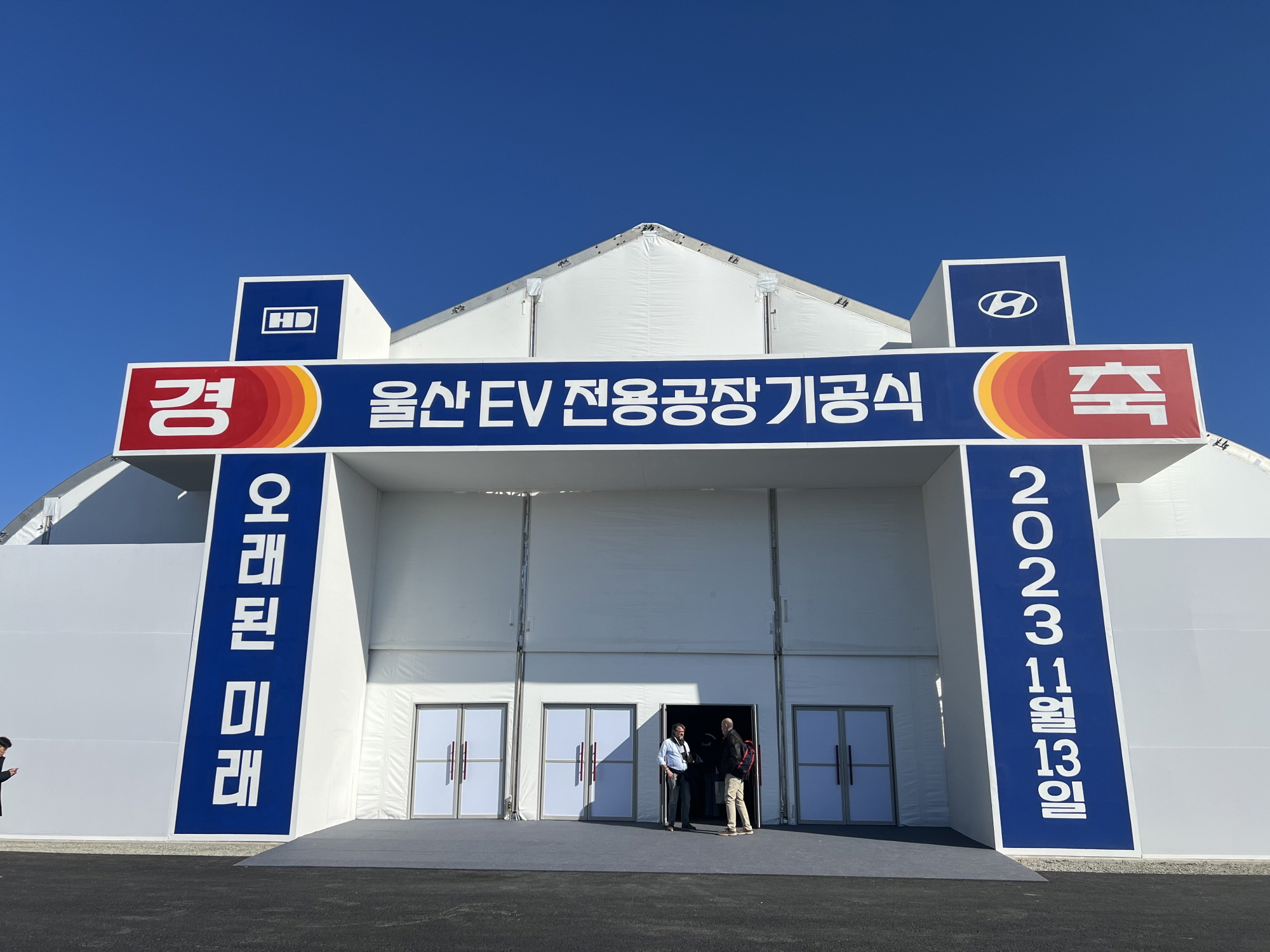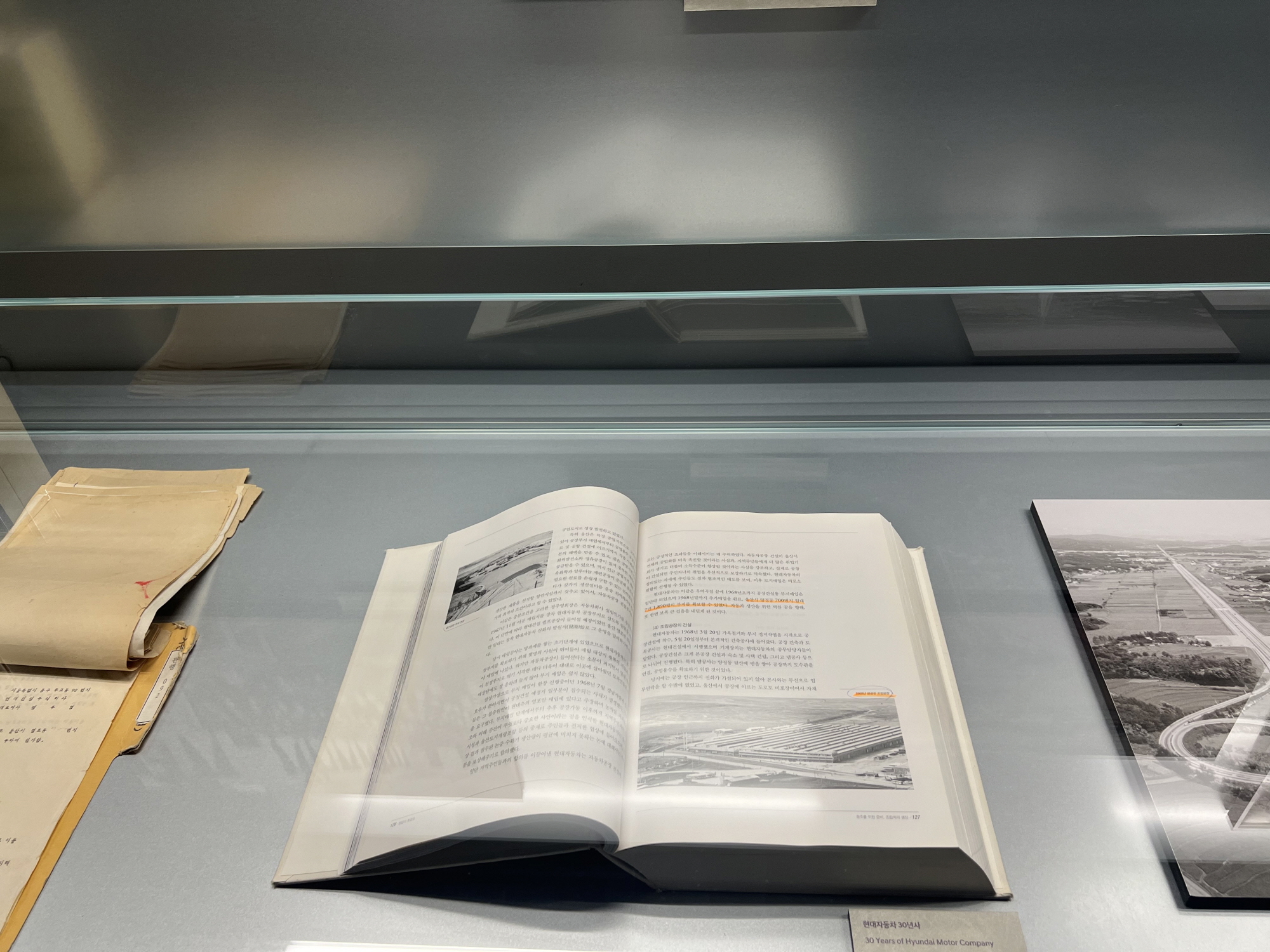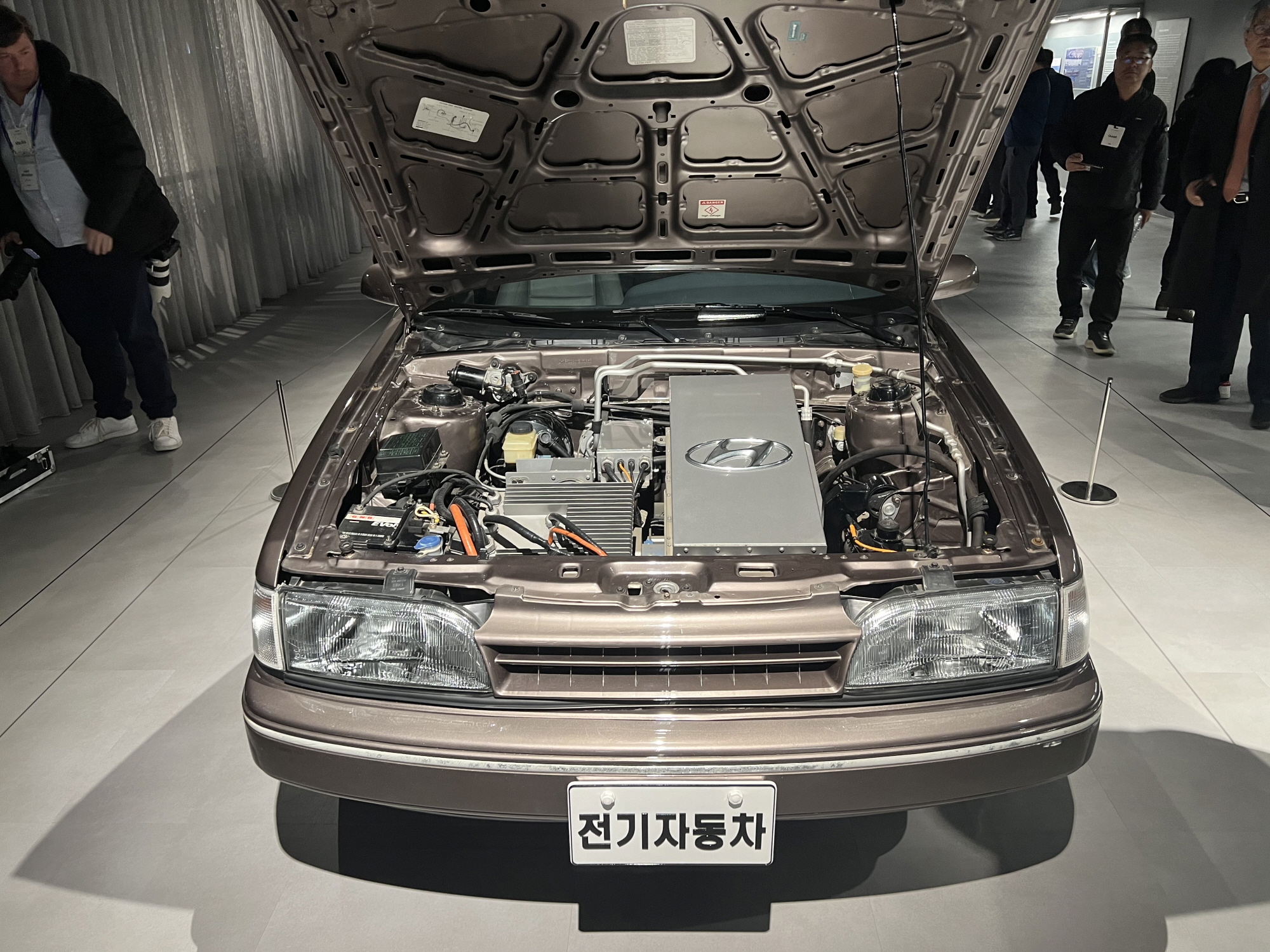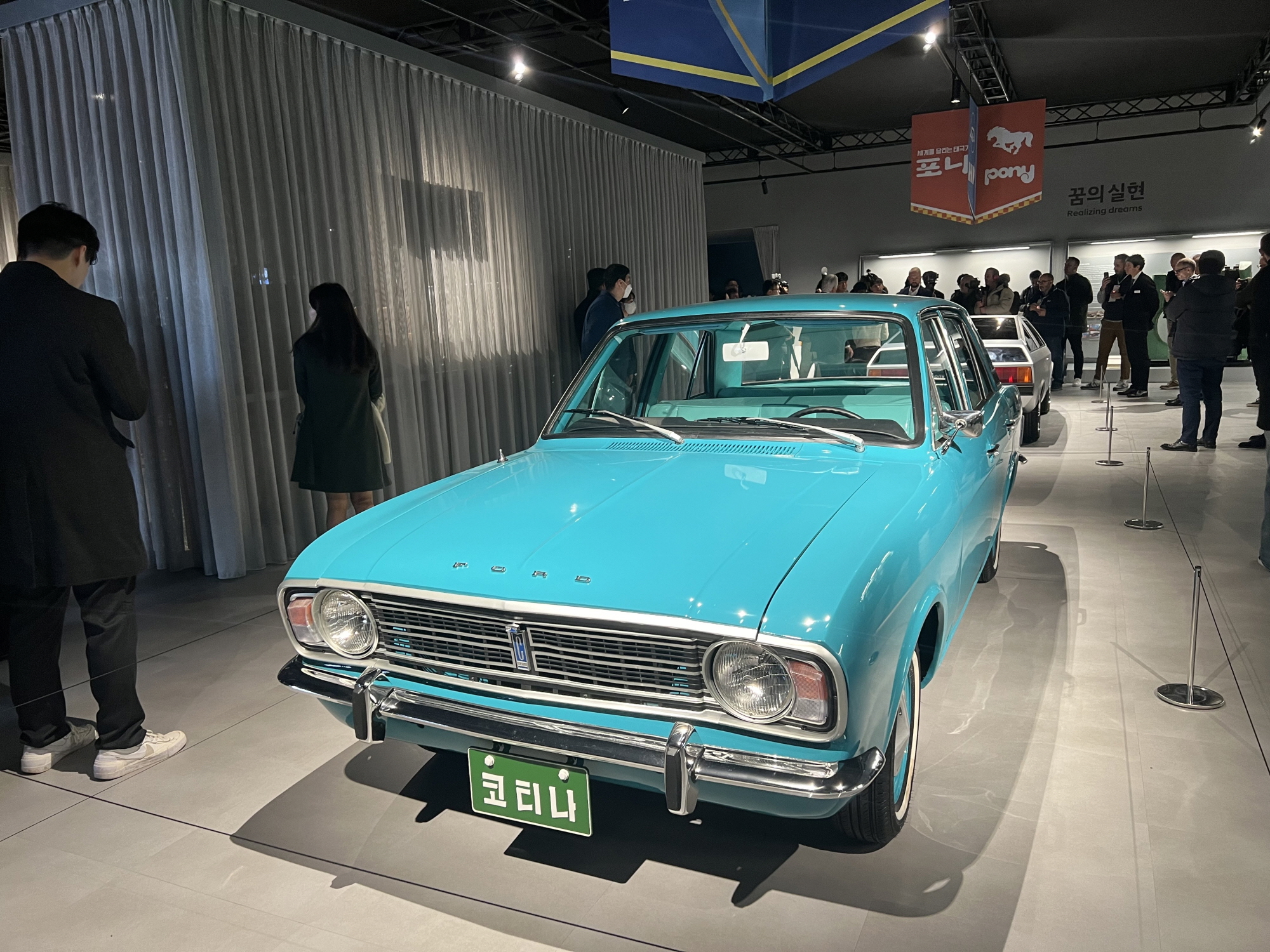
Hyundai Motors is set to build a new factory for the first time in 29 years. This will be Hyundai’s first dedicated electric vehicle factory, scheduled to be completed by the end of 2025, with the Genesis large SUV production planned to start in 2026.
On the 13th, Hyundai conducted a groundbreaking ceremony at the new site within the Ulsan plant where the electric vehicle factory will be established. Attendees included Hyundai Group Chairman Chung Eui-sun and Ulsan Mayor Kim Du-gyeom.
The new electric vehicle production line, located in Ulsan, will be built on a 548,000 m² (166,000 pyeong) site with an annual production capacity of 200,000 vehicles. An investment of 2 trillion won is planned, with completion aimed for the end of 2025. Mass production of the Genesis large electric SUV model will begin in the first quarter of 2026.

The Ulsan electric vehicle factory will be built on the site of a former comprehensive testing ground. This area was used in the 1980s to develop vehicles capable of withstanding harsh climates. It is significant as the place where Hyundai’s long-standing models like Sonata and Avante underwent rigorous performance and quality testing, as well as where research on electric and autonomous vehicles began early on.
As a place where numerous historic models from Hyundai were produced, it has now become the site for the success of electric vehicles like the Ioniq series, leading to the establishment of the dedicated electric vehicle factory.
Hyundai plans to operate the Ulsan electric vehicle factory as a model of a future factory. This includes demand-driven artificial intelligence control systems, carbon neutrality, and eco-friendly low-carbon construction methods to achieve RE 100. Additionally, a smart logistics system will be introduced, featuring automation in parts logistics to enable a flexible production system that can respond to the global market.
Chairman Chung Eui-sun emphasized a people-centric approach, stating, “We will create a safe and efficient workplace through robotics, smart logistics, and AI, enhancing worker efficiency,” and he stressed that human-centered values should be directed not only towards the product but also towards the people who make the product.

Photo by Lee Sang-jin
A conversion of the first-generation Sonata from 1988 to electric power and the N Vision 74 were displayed back-to-back at the booth of the groundbreaking ceremony, attracting the attention of visitors. Opposite the Sonata and N Vision 74, the 1967 first production model Cortina welcomed guests.
Additionally, various tools and books containing the skills accumulated by Hyundai plant workers over the past 50 years were exhibited, drawing significant interest from attendees.
Hyundai, which has built its current reputation through the passion and efforts of its members over the past 50 years, leaves us curious about what the next 50 years will look like in the era of electrification and decarbonization.

Photo by Lee Sang-jin
Lee Sang-jin daedusj@autodiary.kr

